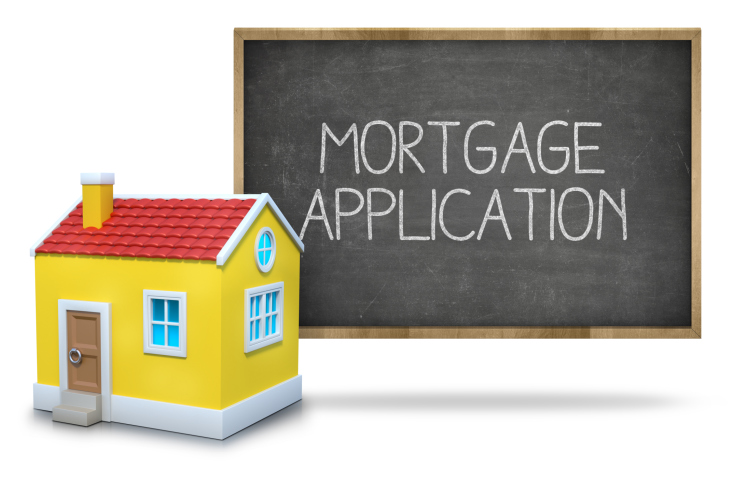Mortgage 101: 3 Reasons to Avoid Giving Wrong Information on Your Mortgage Application
 A mortgage application is typically several pages in length, and it requires you to provide a considerable amount of information about your personal, professional and financial life. Some mortgage applicants may not have access to all of the information when completing the application, and others may simply skim over the form and provide incomplete answers. These are only a few of the reasons why information on the mortgage application may not be accurate, but there are several key reasons why applicants should avoid giving inaccurate information.
A mortgage application is typically several pages in length, and it requires you to provide a considerable amount of information about your personal, professional and financial life. Some mortgage applicants may not have access to all of the information when completing the application, and others may simply skim over the form and provide incomplete answers. These are only a few of the reasons why information on the mortgage application may not be accurate, but there are several key reasons why applicants should avoid giving inaccurate information.
Loan Approval is Based on It
The initial loan application will usualy serve as a basis for the pre-qualification of the mortgage request. The applicant may make a decision to move forward with an offer to purchase a home based on this pre-qualification, but the pre-qualification is based on the accuracy of the information that is initially provided to the lender in the loan application. If the information is incorrect then an applicant may not be able to qualify for the loan and the deal could fall through.
Information Will Be Verified
The majority of the information that is provided by the applicant in the loan application will be verified at various points throughout the loan process. For example, a credit report may be pulled very early on in the loan process, and it may be used to document the accuracy of the debts and monthly payments that the applicant wrote on the loan application. Tax returns, pay stubs and other related documentation may also be required. Essentially, the lender will eventually have access the accurate data, so there is little benefit to provide inaccurate information up-front on the loan application.
It Is Against the Law
A final reason why it is not advisable to provide inaccurate information on the application is because this is illegal. There is a disclaimer on the standard mortgage application that goes into detail about the law regarding providing false information on a loan application. There are also disclosures that are signed before and during closing that relate to this.
Completing a loan application is among the first steps mortgage applicants take when applying for a loan, and it is easy to overlook the importance of providing accurate and detailed information at this stage in the process. It is best to take time complete the loan application as thoroughly and accurately as possible since it is a legal requirement and because of many other negative consequences. Those who have questions about how a loan application works or who would like to begin the loan application process can reach out to their trusted mortgage professional for assistance.

 When applying for a new mortgage or after closing, many may have the option to choose between a single monthly mortgage payment or smaller bi-weekly payments. There are benefits and drawbacks associated with both options, and some personal financial considerations may need to be reviewed in order to make a decision that is best for the individual. With a closer look at the pros and cons of both options, homeowners or home mortgage applicants can make a more informed decision.
When applying for a new mortgage or after closing, many may have the option to choose between a single monthly mortgage payment or smaller bi-weekly payments. There are benefits and drawbacks associated with both options, and some personal financial considerations may need to be reviewed in order to make a decision that is best for the individual. With a closer look at the pros and cons of both options, homeowners or home mortgage applicants can make a more informed decision. A mortgage is typically one of the biggest monthly payments and financial responsibilities that a person is responsible for. Mortgage payments usually impact the person’s budget significantly for several decades or longer.
A mortgage is typically one of the biggest monthly payments and financial responsibilities that a person is responsible for. Mortgage payments usually impact the person’s budget significantly for several decades or longer.